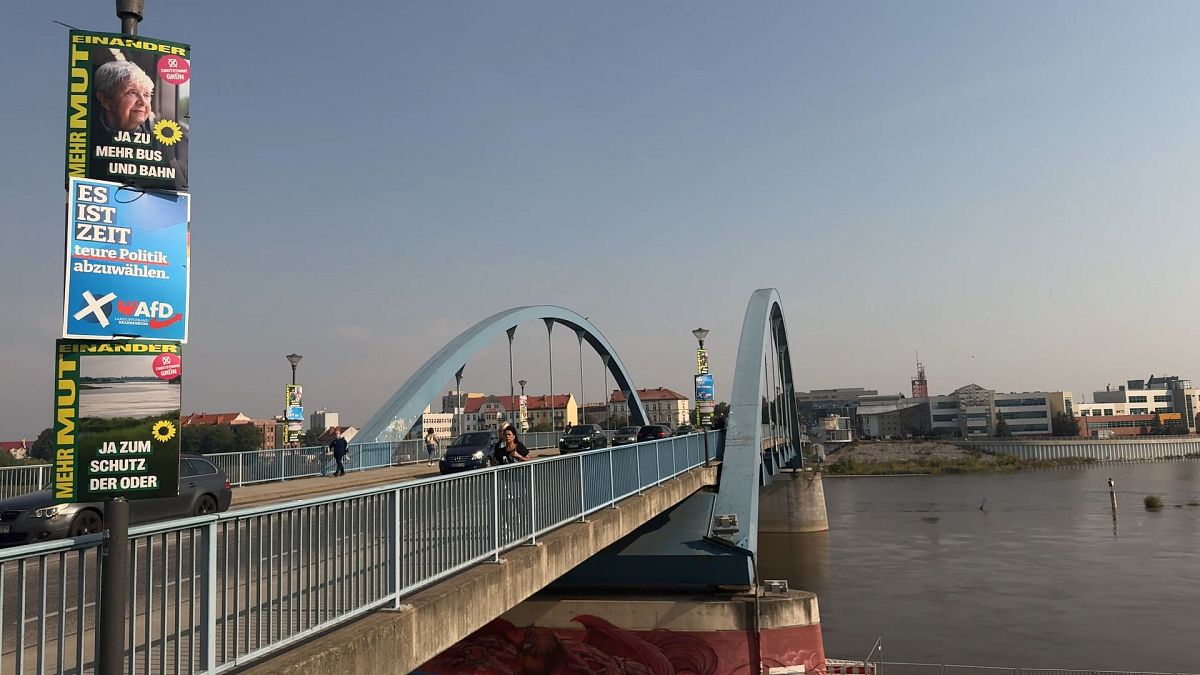Brandenburg, the final eastern German state to vote in regional elections, is garnering significant attention as the far-right Alternative for Germany party (AfD) looks to make gains. The state has been governed by the Social Democrats since the 1990s, following the fall of the Berlin wall. With 16 state elections taking place every four or five years in Germany, the results in Brandenburg are expected to have an impact on federal politics as well, according to experts. The polls indicate that populist parties may win 40% of the votes in Brandenburg, which reflects concerns about security, migration, and the cost of living among residents.
Residents of Brandenburg feel that traditional parties are not addressing their concerns adequately, leading to a surge in support for populist parties like the AfD and the far-left Sahra Wagenknecht Alliance. Issues such as deterioration of the healthcare system, lack of proper infrastructure for public transportation, rising expenses, and concerns about paying bills are prevalent among the population, especially in rural areas. These factors, combined with worries about the war in Ukraine, have contributed to the rise of protest parties in the region. The dissatisfaction with established parties and the failure to address critical societal problems have fueled support for the AfD in Brandenburg.
As the state prepares for the upcoming election, the current SPD Minister President Dietmar Woidke may face significant implications if the AfD wins the most votes. While the SPD’s time in office in Brandenburg may work in their favor, the rise of populist parties requires careful consideration. The possibility of a coalition with the Sahra Wagenknecht Alliance in Brandenburg is being discussed, although the sustainability of such alliances centered around personalities remains uncertain. Despite the potential outcomes of the state election, experts advise caution in extrapolating the results to the federal election scheduled for next year due to the dynamic nature of politics and the evolving landscape.
Brandenburg holds strategic importance for Berlin, housing the capital’s airport and the Tesla factory, which offers thousands of jobs. The influx of residents from Berlin to Brandenburg due to housing affordability issues underscores the importance of the region. Despite a negative atmosphere related to migration concerns in cities like Frankfurt an der Oder, statistics show that foreign residents constitute a significant portion of Brandenburg’s population. The sentiment among residents, including concerns about crime, terrorism, and racism, may impact the election outcome and future policies in the region. As Brandenburg’s future hangs in the balance, observers await the results of the election to gauge the shifting political landscape and its implications at both regional and federal levels.










